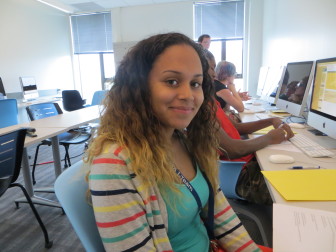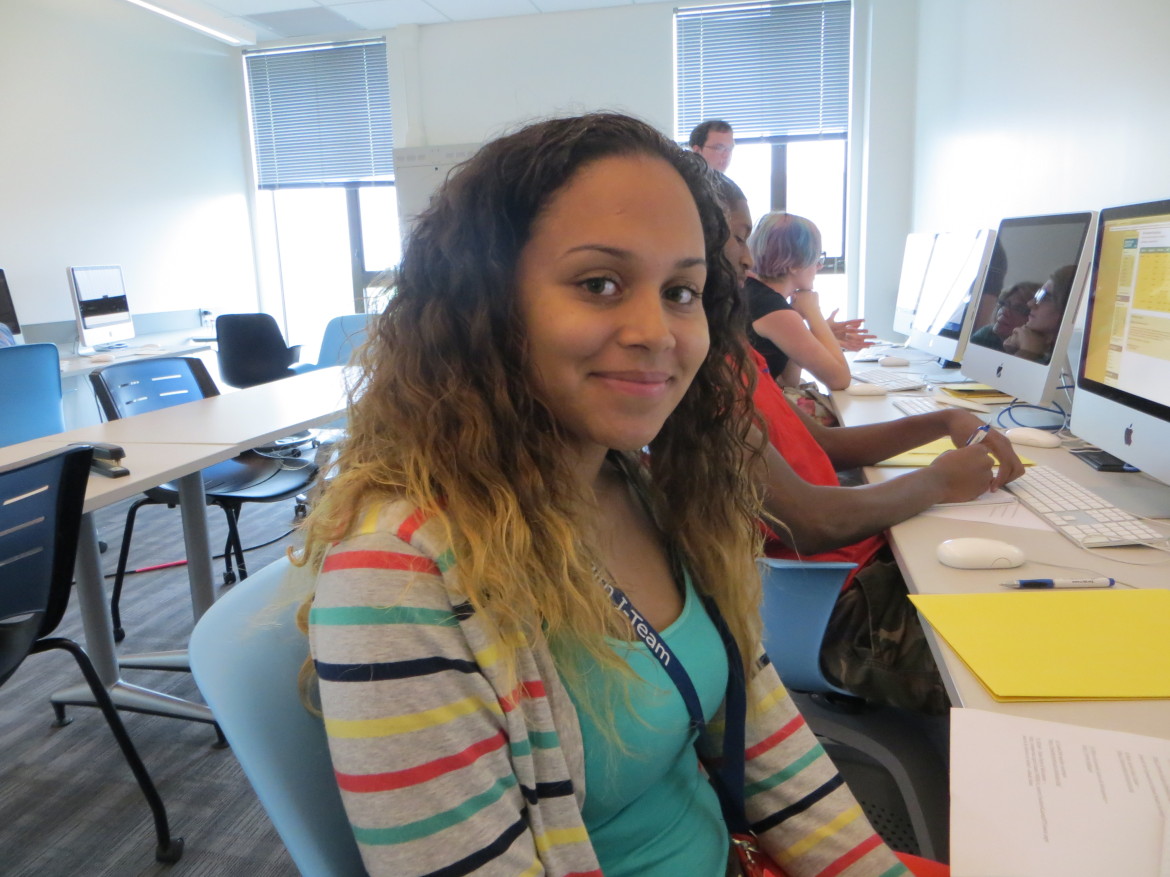With the easy availability of condoms, some people might think that STD rates would be decreasing. But state data show the opposite: chlamydia rates are climbing among teenagers and young adults.

Charlene
At the same time, condom use is dropping in those age groups in Connecticut.
“Almost all teenagers know there is protection out there, but (many) choose not to use it,” said Lise Salazar, an HIV prevention specialist at AIDS Project Greater Danbury. According to CDC data, the incidence of chlamydia in Connecticut increased from 344.7 per 100,000 people in 2009, to 364.9 per 100,000 in 2012. Also, the use of condoms among these young adults have declined from 62.7 percent in 2007, to 60.5 percent in 2011.
“Young teenagers are really sexually active, and they think it might not happen to them,” Salazar said in explaining why teenagers might think they are immune to getting chlamydia.
The rates of chlamydia nationally increased from 405.3 per 100,000 in 2009, to 456.7 per 100,000 in 2012, according to the CDC.
Chlamydia is a common STD that can cause permanent damage for women and men. It is difficult to detect in the beginning stages. For men, it takes about eight months to start noticing symptoms, while for women, it takes about a year to start detecting symptoms.
“No one knows who is infected,” Salazar said.
The symptoms are similar for both genders. Women start to have an abnormal vaginal discharge and a burning sensation when urinating. Men also have a discharge, a burning sensation when urinating, and pain and swelling in one or both testicles.
Salazar said that proper use of condoms and openness between sexual partners are key to preventing transmission.
“Sex has become so casual that people are not willing to talk to their partners about their circumstances,” she said. “Condoms are not 100 percent used correctly. The best thing is to have a steady partner.”
Chlamydia can be easily treated and cured by taking antibiotics. Salazar said she has hopes that young people will take steps to prevent infection.
“All you need is awareness about the disease,” she said, adding: “Get tested!”
Charlene Torres is a student at Achievement First Amistad High School in New Haven.
